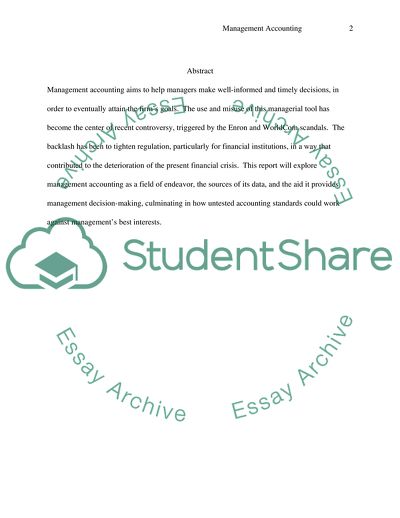Cite this document
(Aim of Management Accounting Coursework Example | Topics and Well Written Essays - 2000 words - 1, n.d.)
Aim of Management Accounting Coursework Example | Topics and Well Written Essays - 2000 words - 1. https://studentshare.org/finance-accounting/1722598-accounting
Aim of Management Accounting Coursework Example | Topics and Well Written Essays - 2000 words - 1. https://studentshare.org/finance-accounting/1722598-accounting
(Aim of Management Accounting Coursework Example | Topics and Well Written Essays - 2000 Words - 1)
Aim of Management Accounting Coursework Example | Topics and Well Written Essays - 2000 Words - 1. https://studentshare.org/finance-accounting/1722598-accounting.
Aim of Management Accounting Coursework Example | Topics and Well Written Essays - 2000 Words - 1. https://studentshare.org/finance-accounting/1722598-accounting.
“Aim of Management Accounting Coursework Example | Topics and Well Written Essays - 2000 Words - 1”. https://studentshare.org/finance-accounting/1722598-accounting.


